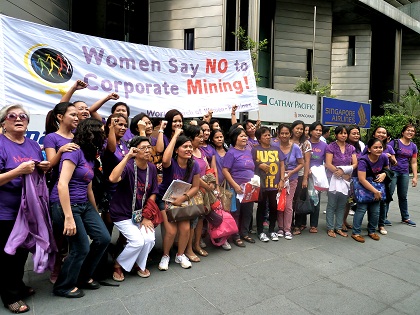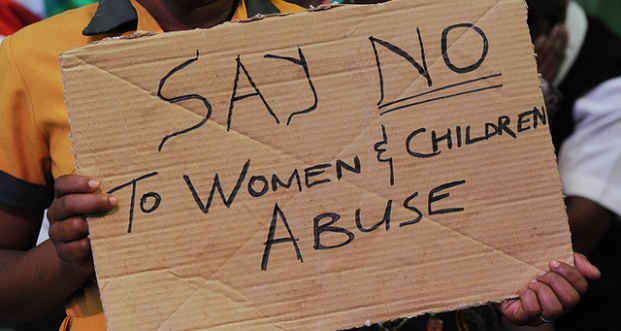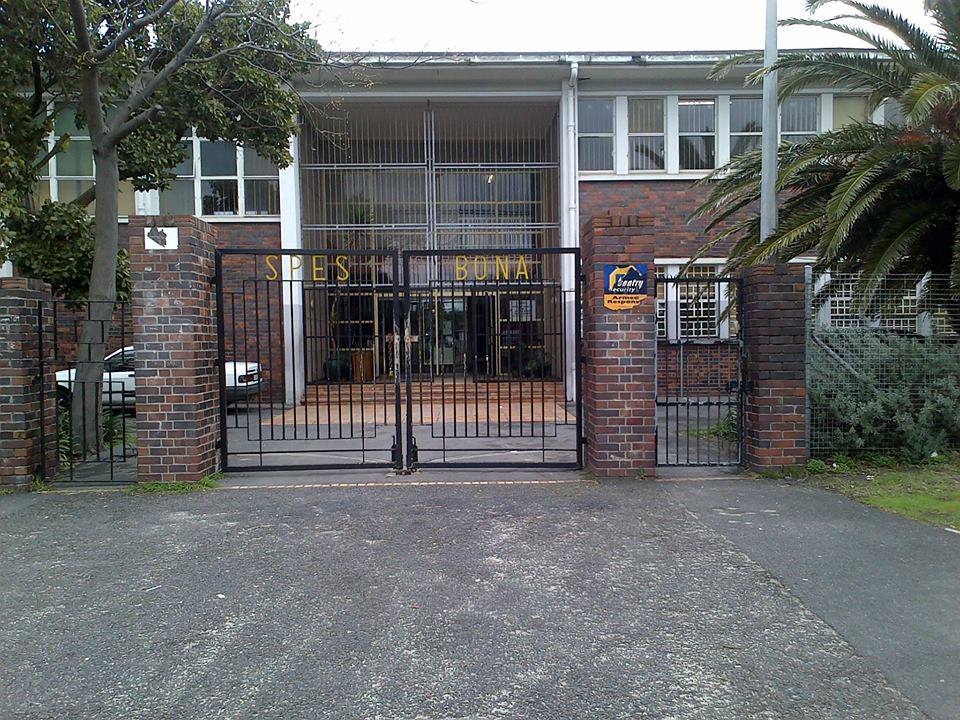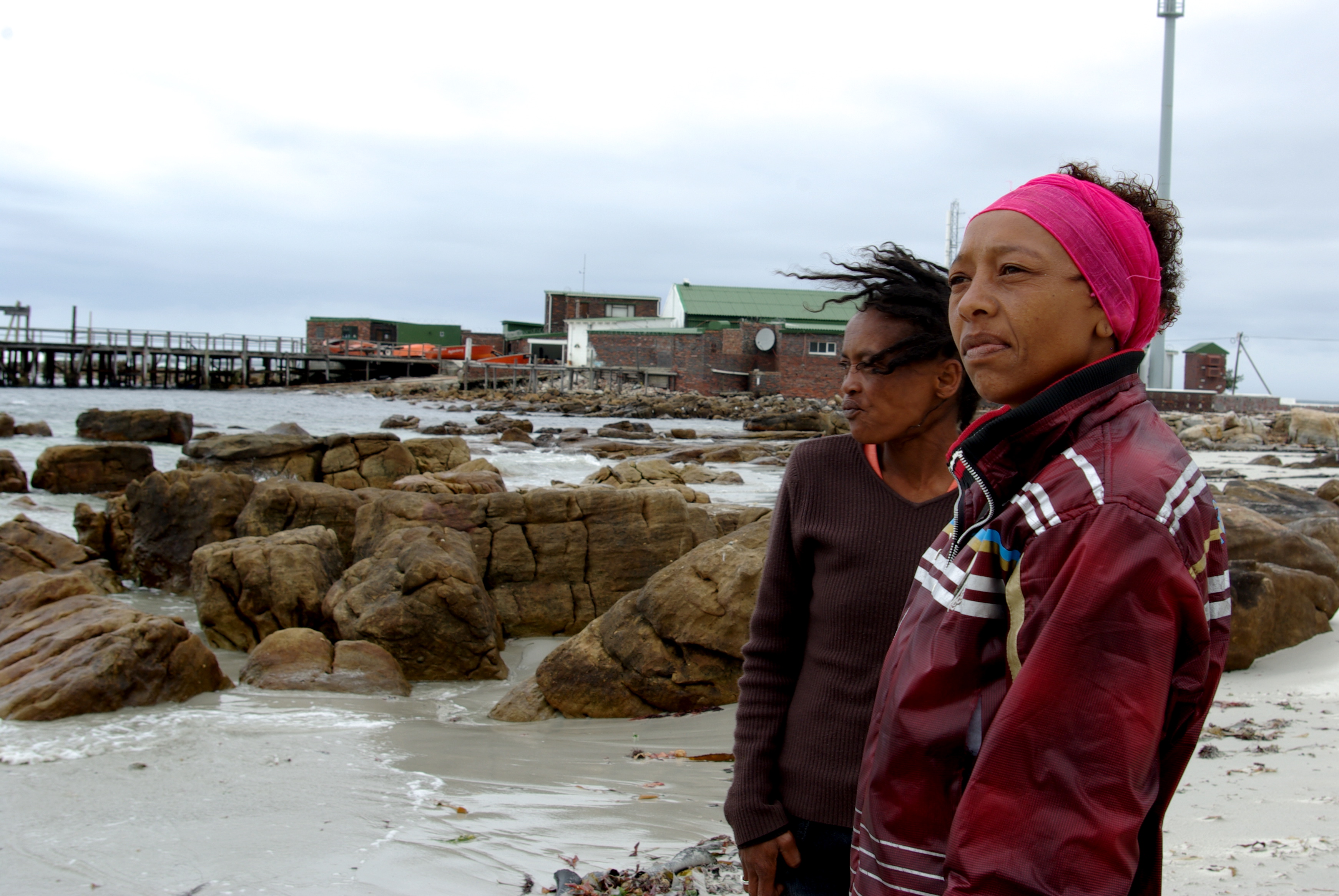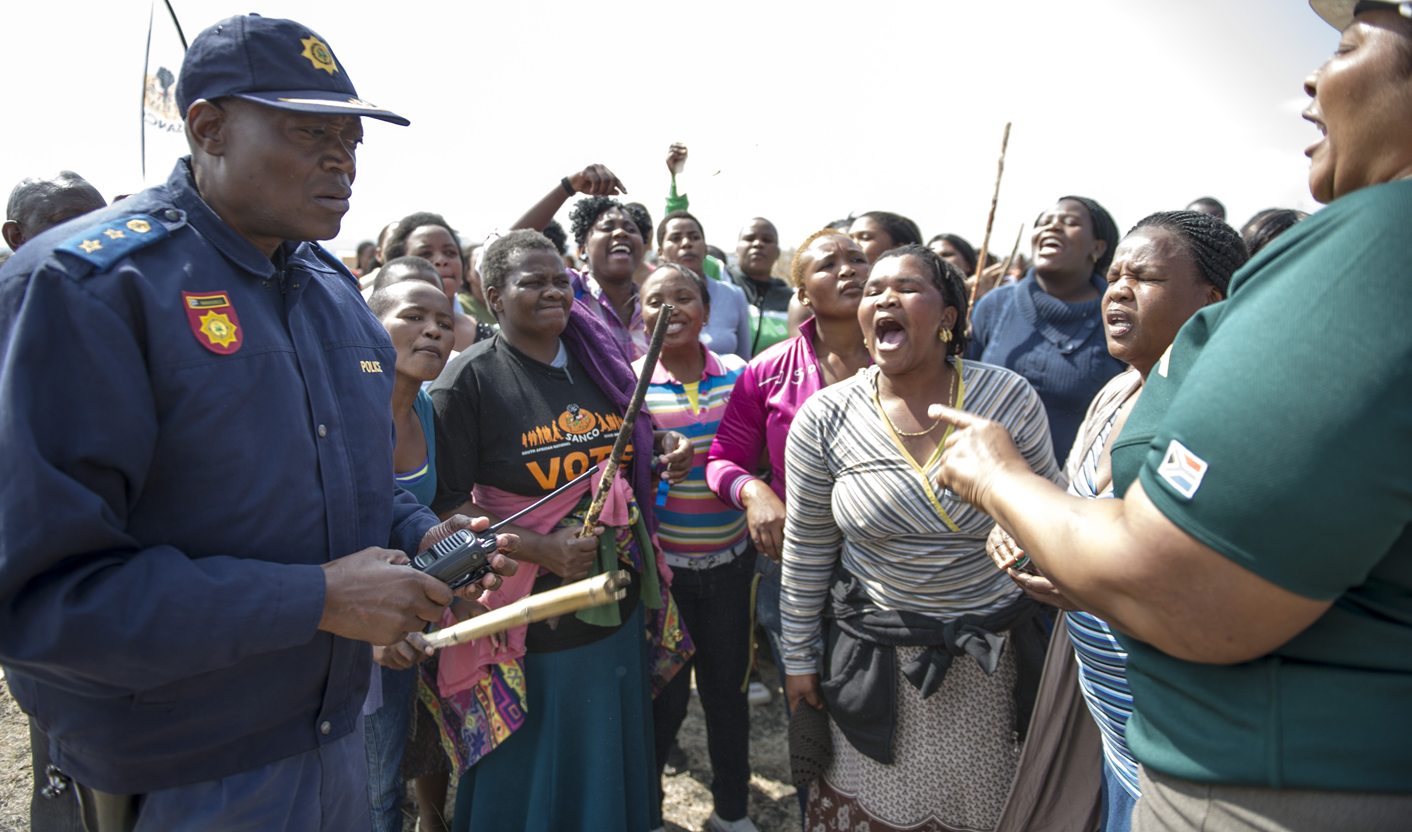Mix it
Mix it
your metaphors
images and symbols
professors of doom
demoralizing our people
(whosoever our people
might be this time round
matric results under scrutiny
on the horizon)
Mix it
like anti-majoritarian
liberal critics
(a dangerous elitism)
(making hay
on a scrabble board
with big words)
So says the guardians
of our selves
keepers of the keys
to the democratic project
(the democratic project
led astray by mixing it
some folks might say)
Mix it
twitter and tweet
even twerk your way
to the dustbins of history
Pass one pass all
(suffer our born-frees)
recite from your songbook
peddle your election-wares
in Mandela’s name
Mix your metaphors
and I’ll blend mine
Our red-blooded spokespersons counsel…. “all our people not to be demoralised by professors of doom and anti-majoritarian critics” (“Serious challenges face education system despite matric pass rate rising”, Cape Times, January 8 2014); and “Dangerous elitism a worry, and no dustbins should await failed Grade 12s” (Cape Times, January 10 2014).
(Photo Credit: eNCA / Bafana Nzimande)
